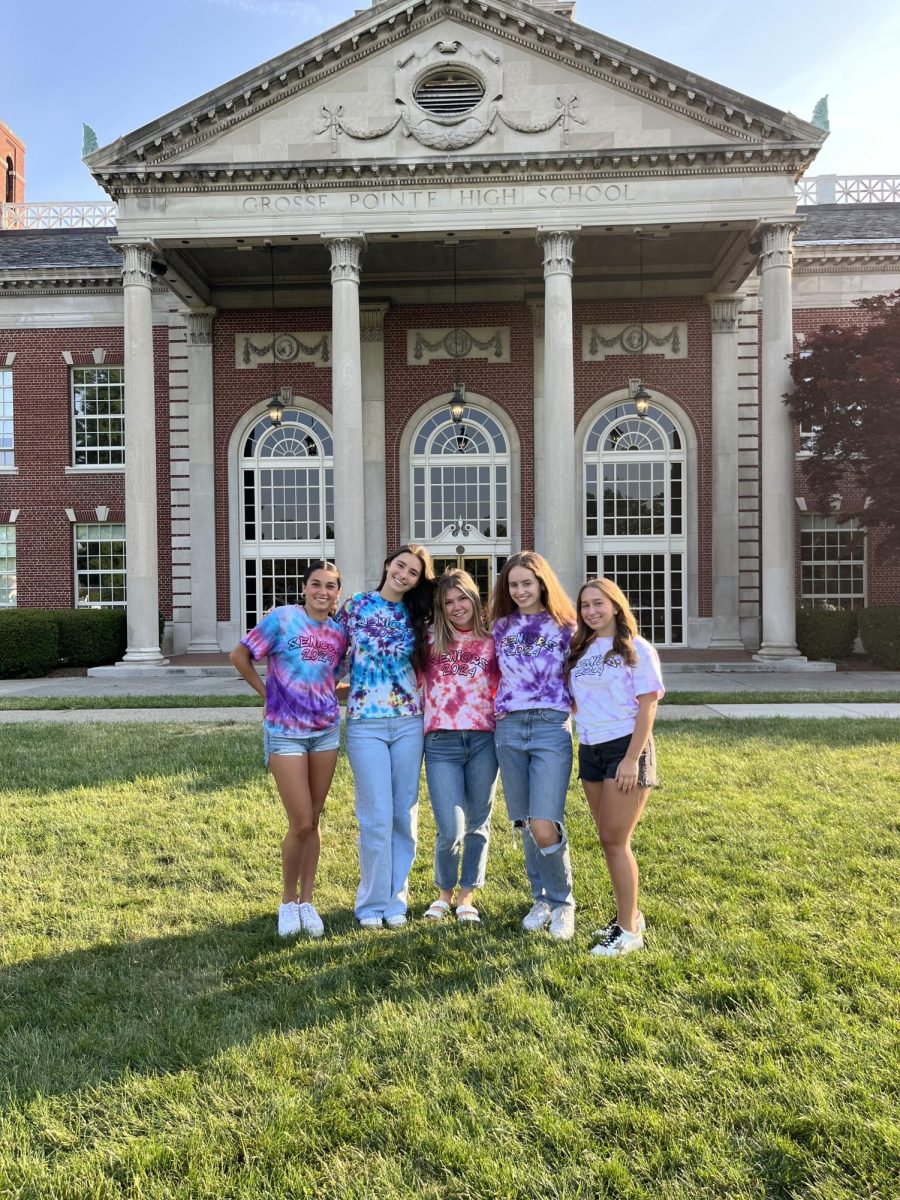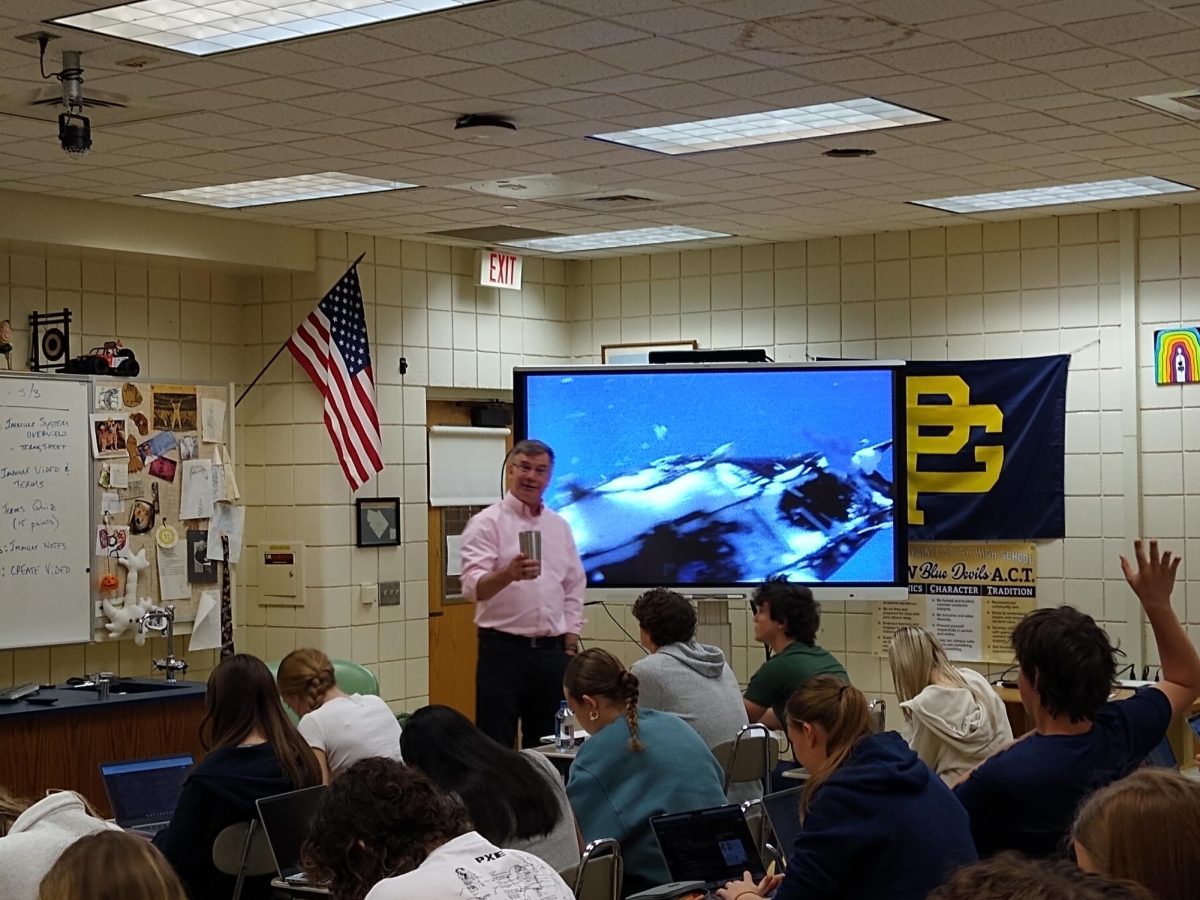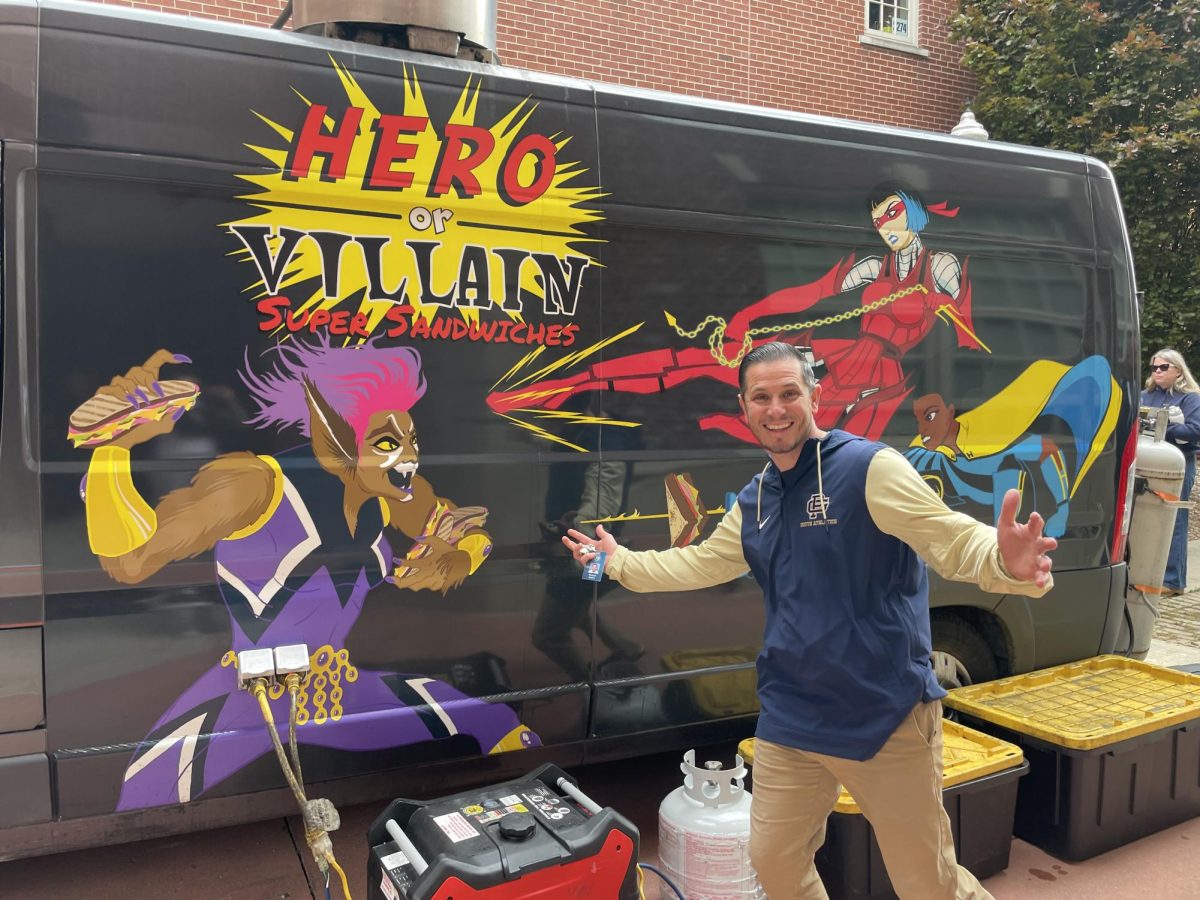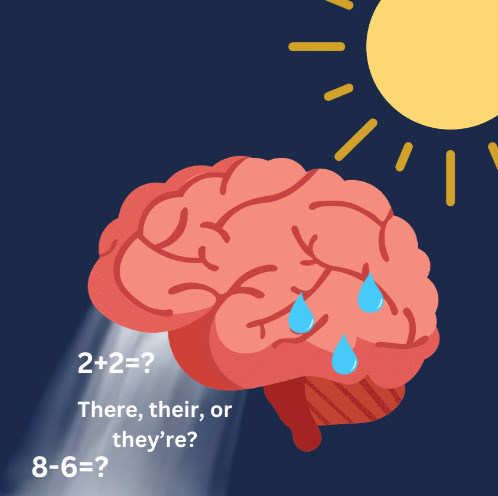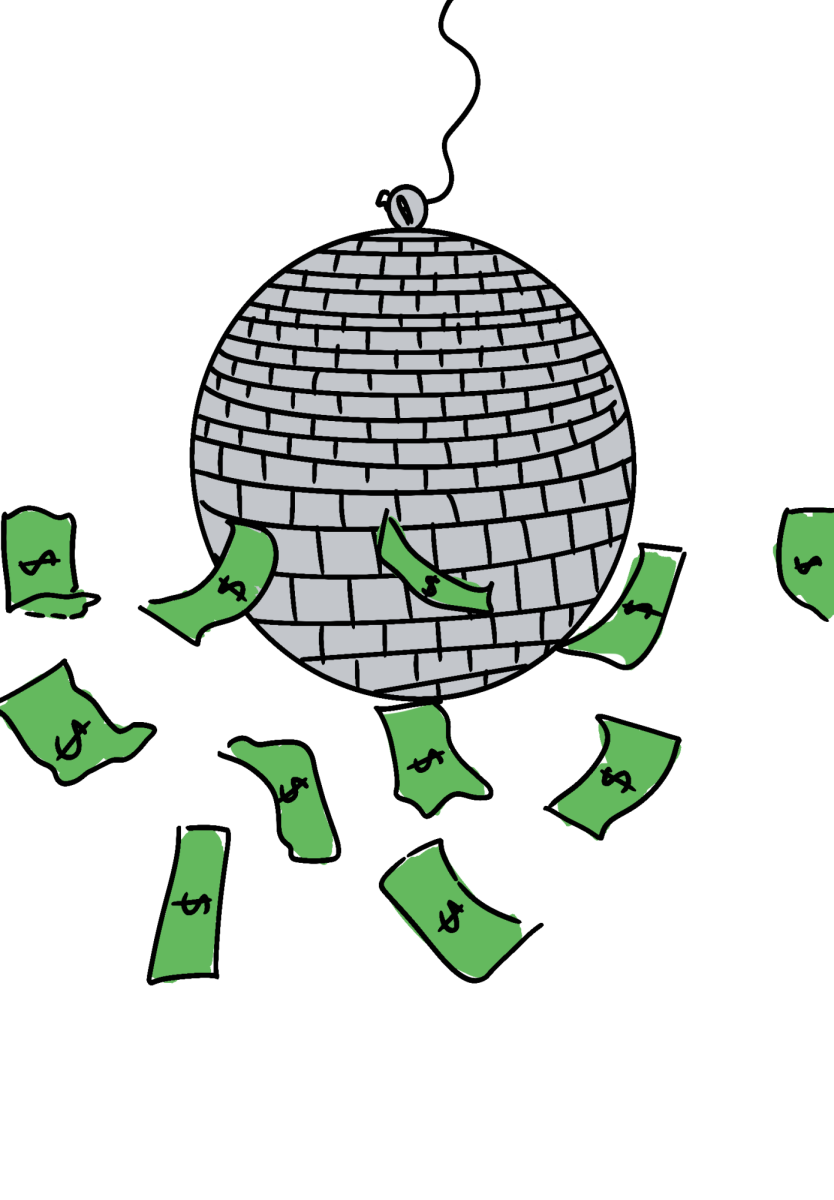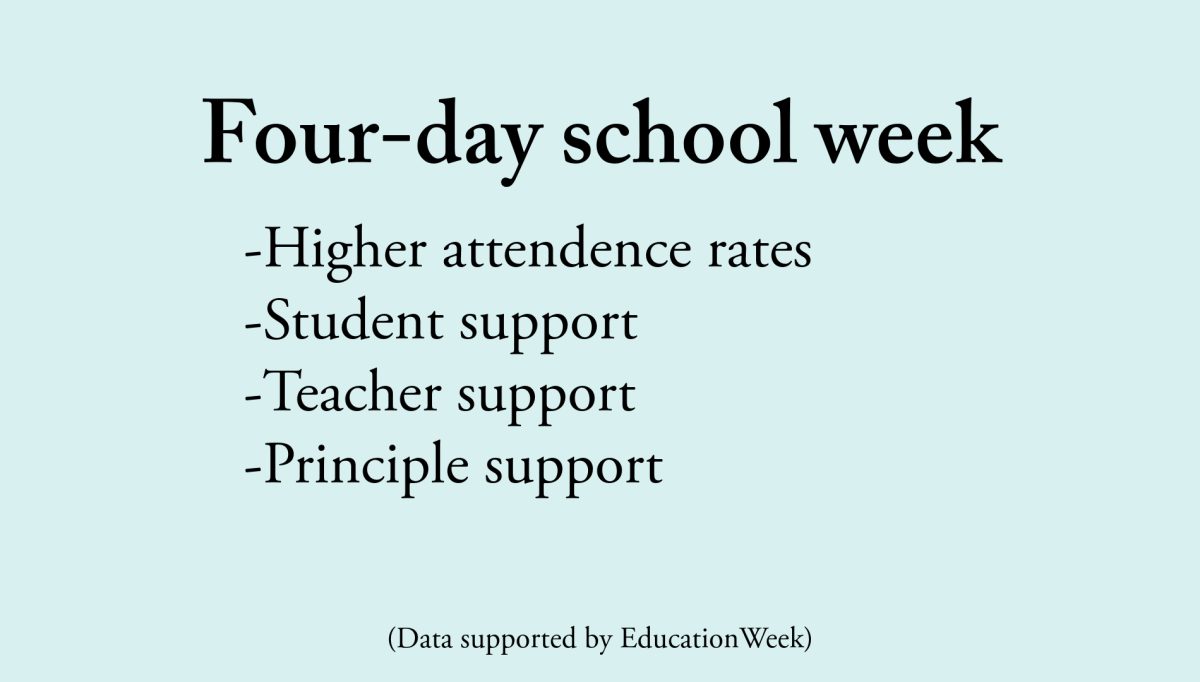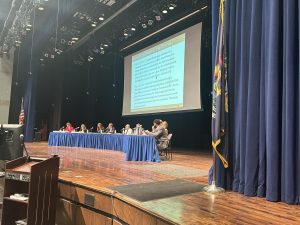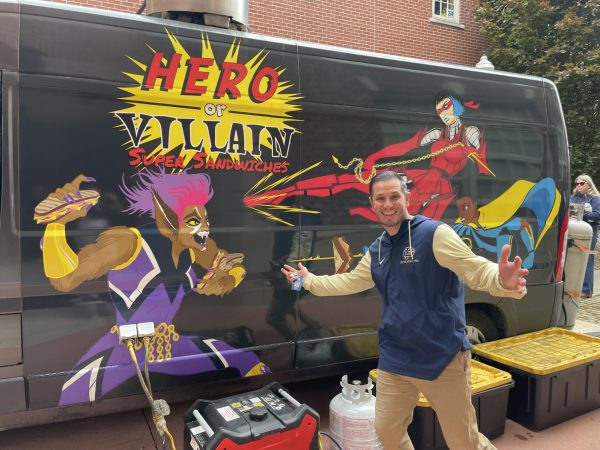The internet’s worst nightmare: “Cancel culture”
February 14, 2022
Cancel culture has made a name for itself as trendsetting, newsmaking and a greater social movement. Yet the idea and execution of cancel culture is typically what causes the name itself to be found in less than palatable headlines and on the horizon of political propaganda using its name in vain. While the premise and overall idea of cancel culture may seem appealing, the literal act ends up composing itself as a herd mentality of hate.
Lilly Cleland ’22, who ran a Twitter fan account with over 4,000 followers, and got canceled once herself, describes canceling as a generalized form of attempting to hold someone accountable.
“So it’s (cancel culture) when someone, usually a celebrity, but technically it could be anybody, does something wrong,” Cleland said, “It could also just be a perceived wrongdoing.”
The progression of cancel culture is heavily based on a herd-mentality basis, Clealand said. A “bandwagon effect” is created when users feel the need to join trending hashtags, typically because those they follow are doing the same thing.
“It kind of is like a mob mentality sort of thing where everyone just starts commenting and retweeting, and it spreads like wildfire,” Cleland said. “It’s like people jump on a bandwagon.”
Grace Coats, a student at North Central State College in Mansfield, Ohio, has a Twitter account where she actively participates in various discussions. She explained that cancel culture has a home on Twitter because the platform allots only 280 characters per Tweet.
“You can just type whatever you want to, but even on Twitter it’s not very clear the order of things or the tone of things,” Coats said, “So I think it’s a lot easier to get confused or for the meaning to get lost and it turn to fighting a lot faster.”
One of the trademarks of cancel culture is its ability to become a toxic means of communication, not only for the individual getting canceled, but also for the community trying to cancel that person, Coats explained. It’s easy to get lost in the tension of the moment and begin fuelling anger at others who are participating.
“I’ve gotten in like one or two of those arguments on Twitter right at the beginning,” Coats said. “You really do get caught up in it. I knew it was the stupidest fight I have ever gotten in, but in the moment it seemed so important to me. I was being really nasty. I called that fan account all sorts of names, and I don’t know anything about them.”
Yet, canceled culture is also something that individuals can easily capitalize their popularity on. Cleland said that it’s easy for people to gain attention and traction by means of purposefully trying to get themselves canceled. She said this can help to loosen the legitimacy of cancel culture in general.
“There’s also instances where cancel culture almost helps their career because sometimes people like the negative attention,” Cleland said. “People hate watching them, but they actually get more views sometimes.”
For Danielle Nobles, who ran a fan account on Twitter during her formative years and later a second one for rock band Greta Van Fleet, the subsequent drama that comes with cancel culture was too hostile for her taste. She said it eventually led her to deactivate her account.
“(Running the account) was fun for a while,” Nobles said. “I made some good friends on there, but it started getting very negative. A lot of people were just creating drama if nothing was going on with the band, and it was just too much.”
According to Nobles, the fans on Twitter acted a lot differently than fans she had interacted with on other platforms. She found that when the band wasn’t putting out new content for them to scrutinize, the fans would turn to each other to start drama.
“People started making blocklists and basically putting a bunch of random stan accounts on there and saying that these people are problematic and that you should be blocking these people,” Nobles said. “I got added to a couple of them along with my friends and we were just like, ‘What’s going on?’ These people were just starting drama for no reason.”
Nobles said she finds this cancel mentality so popular because of the nature of Twitter and other social media platforms to be anonymous. She believes that being anonymous gives people the confidence to judge, hate and block more than they would be comfortable to do in real life.
“People would scrutinize every post I made and just expected me to have the same views as them and be perfect,” Nobles said. “I was just a fan account on Twitter. I cannot imagine being an actual celebrity. I am a big fan of (Greta Van Fleet’s) music, and I just wanted to be on Twitter around like-minded people who I could share the same love for them with. But with all the hate it just got to be too much, and I was essentially kicked off of the platform.”
Cleland still believes the core of cancel culture was created in good nature. But the herd mentality fuels drama and ends up creating more harm than good in the long run.
“I feel like when cancel culture just turns into a free for all, is really bad,” Cleland said. “But canceling someone could work. It’s hard to control that though.”
While Twitter is an easy and convenient way to communicate, Coats explained that the best way to stay away from any cancel culture turned toxic is to move onto other platforms or other accounts where forms of communication between people of the same fandom or likings are less likely to become aggressive towards each other.
“I got pretty tired of the constant fighting from those fan accounts,” Coats said. “I followed them with the purpose of feeling connected through a shared love for them (Greta Van Fleet), but the bickering was just too much. Now I try to just follow the accounts that post funny memes or daily pictures, and I stick to TikTok.”
Listen to “The Internet’s Worst Nightmare: Cancel Culture” on Spreaker.</a>
Cancelling “Cancel Culture”, Sophia Fowler
Anyone who goes on Twitter nowadays should be less than shocked to see the “#isoverparty” trending nearly everyday on the platform. Whether it be household-known celebrities or C-List celebrities who belong to a certain fandom which seemingly gets out of control, cancel culture has become a bandwagon of hate across the internet and, in turn, is more counterproductive to actually fighting for change and apology.
The basis of “cancelling” someone makes some sense, but the actual execution of the actions ends up becoming far more destructive to the legitimacy of the actual accusation compared to the individual who’s being put on trial. Sure, lots of people do things that can easily be considered to be “out of taste.” Celebrities are no different, however, because their life is thrown into the spotlight for public opinion. Mistakes become a topic for debate and the ultimate actions of “cancelling”.
Again, the premise surrounding cancelling ends up making some sense. Racist ideas, whether intended or not, harsh words and just blatantly abusive actions against societal norms should be confronted and dealt with. But throwing 140 characters at an individual on the internet is not going to get major executives, managers and publishing companies to hold people accountable. Instead, it weakens the initial argument that a certain celebrity is a problem and creates a circular argument that really gets nowhere in the end.
Cancel culture is used far more to spread more hate than to actually fix the problem. Most of the time, the root of attempting to “cancel” someone is confronting them with a past action that, in a modern sense, ends up being politically incorrect. But by putting a bounty on individual’s heads, instead of trying to actually alleviate the problem by specifically pointing out solutions to the problem, it ends up making those who are “cancelling” them look worse than the individual themselves.
There’s the factor of time that is seemingly misconstrued or just completely ignored by those who participate in cancel culture. Famous singer/songwriter Sia got cancelled in 2021 for having an autistic character in a movie she directed be played by Maddie Ziegler, who does not have any form or degree of autism. Because of this, conversation was brought up about how Ziegler was instructed to act as an autistic person, some people considering it an insulting and politically incorrect move on Sia’s part.
This is a clear example of when cancel culture may make some sense. Someone acting as disabled individuals when they are not is a problem that should be dealt with, and people should be held accountable. But when a situation like this happens, cancel culture ends up becoming a counterforce to the actual push for change.
Cancel culture is treated more as a niche hobby than a push for actual change. While topics being brought up for discussion within culture may hold their value and importance, the way they are presented to the world is anything but professional. There has to be a reason for cancelling someone, and there has to be a reliable platform to do it. But cancel culture has become a poisonous tree of just cancelling people because someone finds them annoying, or because someone famous made minor mistakes decades ago. Accountability is important, and acknowledging poor actions is also important. However, confronting those issues in an immature light by banding together over social media is not the way to ask for social change.
The power of “Cancel culture”, Grace Whitaker
According to Wikipedia, cancel culture or call-out culture is a modern form of ostracism, where someone is thrust out of social or professional circles – whether it be online, on social media, or in person – because of an offensive action. In a perfect world, this concept would make complete sense; people can take responsibility for wrongdoings and work to fix those mistakes. And on a small scale, cancel culture succeeds at this, but the accountability aspect of cancel culture fails when people start to be ostracized for trivial offenses.
Cancel culture has taken a specific hold on social media. With countless people online all creating and sharing content, the internet is the perfect breeding ground for this attitude to grow. On virtual platforms, groups of people with shared interest can all meet online and wield power in a way that fans just can’t replicate in person. Cancel culture’s ability to bring a voice to the voiceless is why it is such a helpful tool in correcting societal wrongs. The biggest example would be the #MeToo movement that brought light to the mistreatment of women by powerful names in Hollywood. Social media and the collective “cancel” mindset against the abusers is what brought many women justice. When dealing with major issues, cancel culture can bring awareness to problems, but that is its biggest fault. After awareness is brought, it is in the hands of the person being canceled to right those wrongs.
I think the word accountability is the perfect word for describing the faults of cancel culture. While it is important to hold influencers and celebrities alike to a certain moral standard, the toxic frenzy of cancel culture often strays from accountability and starts to look a little more like cyber-bullying. Of course people have their political and moral ideals in mind and they want to see that the people they look up to also hold those values. I think it’s reasonable that we want the celebrities we like to be morally aligned with ourselves, so it can be jarring when you find out someone you look up to has done something offensive in the past, and its also reasonable to want them to address the situation and ideally apologize. Again, accountability is the word; for the celebrity to own up to their mistakes and address that they were wrong. But cancel culture has the tendency to spiral out of control.


